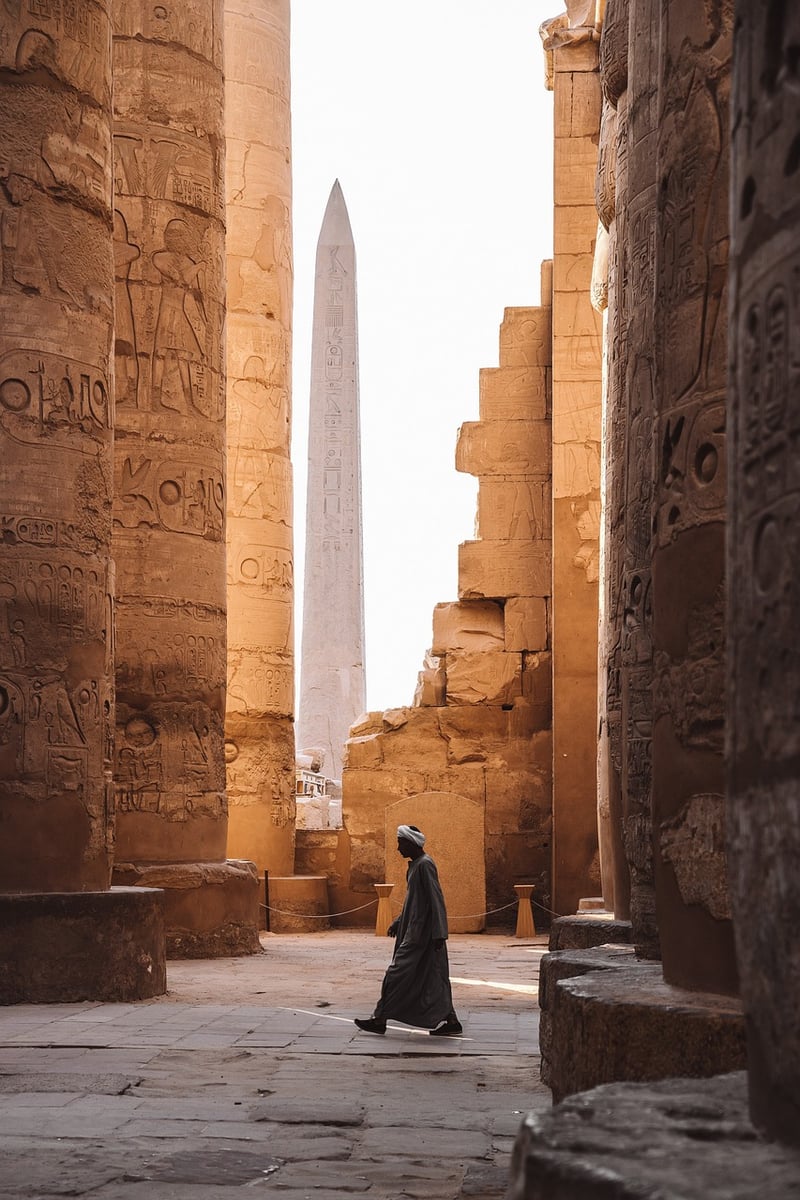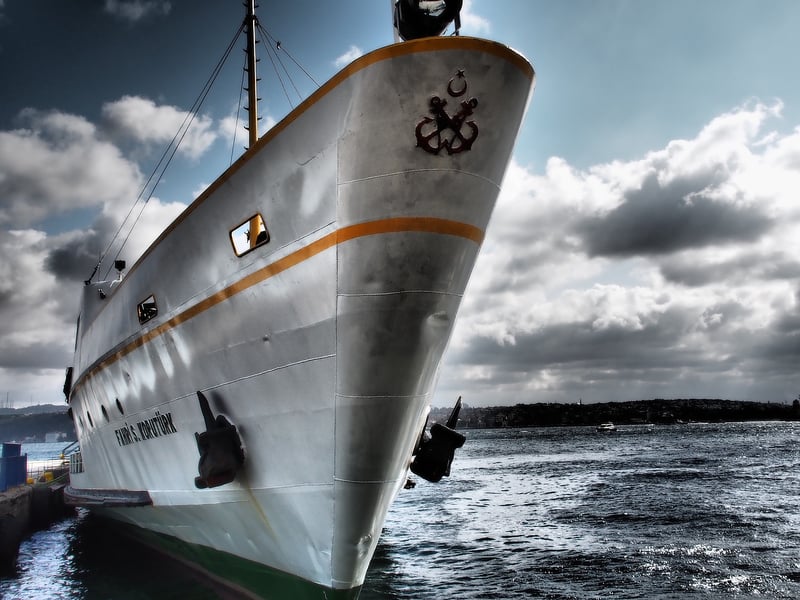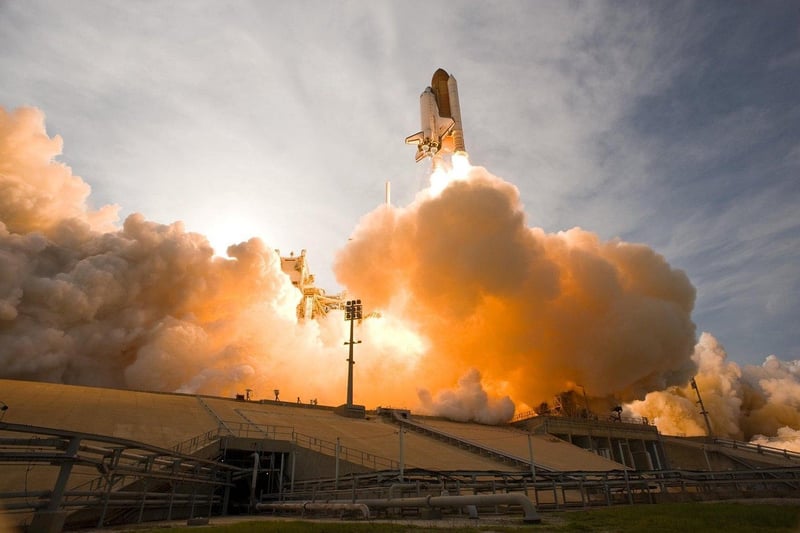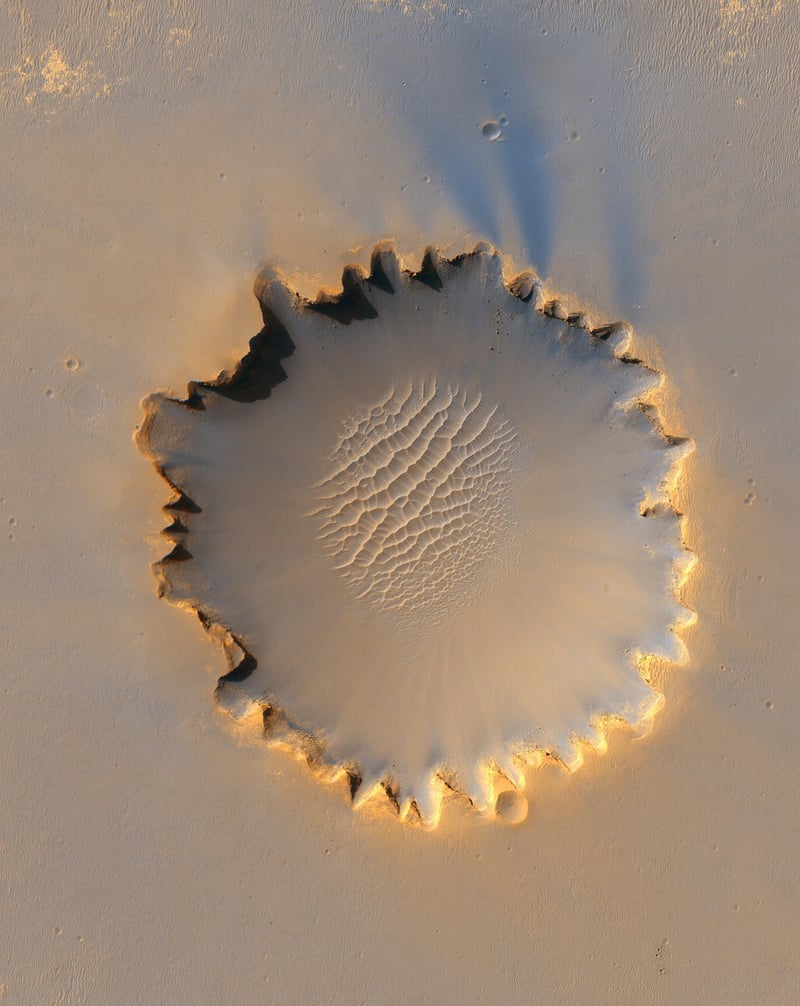Future Exploration
The Evolution of Exploration: From Ancient Times to the Future
Ancient Exploration
Ancient explorers were driven by curiosity and the desire to discover new lands. One of the most famous ancient explorers was Pytheas, a Greek geographer and explorer who traveled to Northern Europe and possibly even reached the Arctic Circle around 325 BC.

Age of Discovery
The Age of Discovery, starting in the 15th century, saw European explorers like Christopher Columbus and Ferdinand Magellan setting sail to find new trade routes and lands. This era led to the discovery of the Americas and the first circumnavigation of the globe.

Modern Exploration
In the modern era, exploration expanded beyond Earth. Humans landed on the moon during the Apollo missions in the 20th century. Space agencies like NASA continue to explore Mars and beyond, seeking to understand the mysteries of our universe.

Future of Exploration
The future of exploration holds exciting possibilities. With advancements in technology, we may see humans landing on Mars, mining asteroids, and even venturing beyond our solar system. Space tourism could become a reality, allowing civilians to experience the wonders of space firsthand.

Conclusion
Exploration has always been a driving force in human history, pushing the boundaries of what is known and expanding our horizons. From ancient seafarers to modern space missions, the spirit of exploration continues to inspire us to reach for the stars and explore the unknown.
